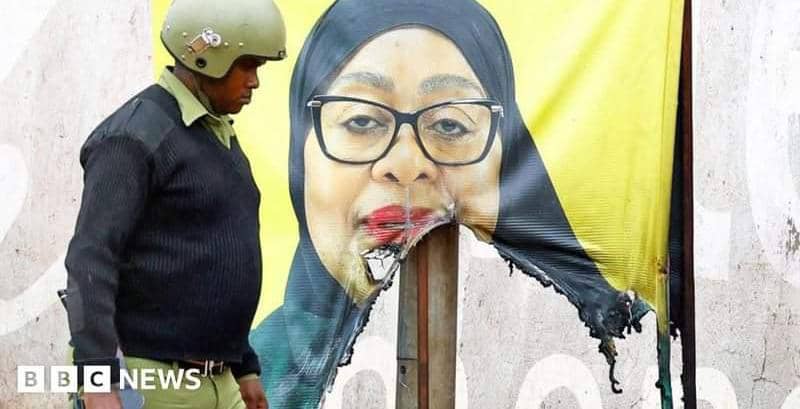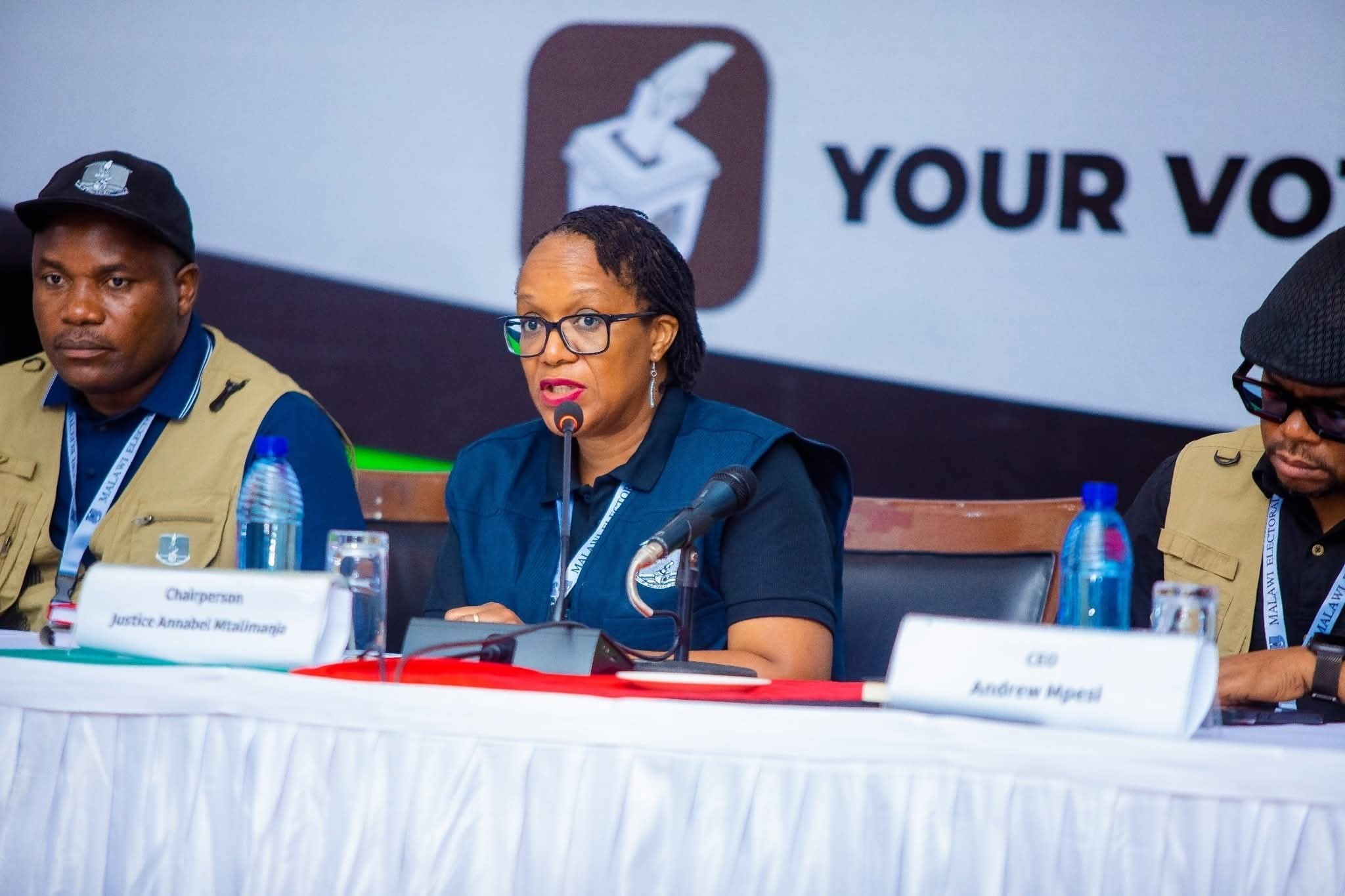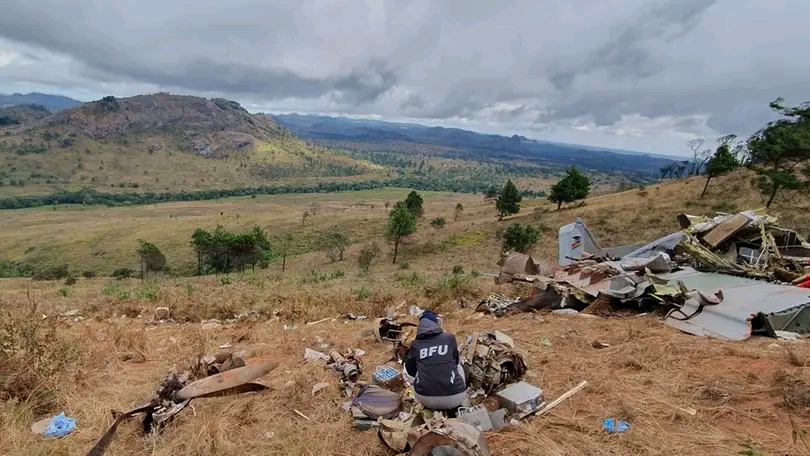Mounting tension grips Tanzania as deadly protests follow the government’s decision to bar opposition candidates from the presidential race. Amid an internet blackout and extended curfew, global organizations urge restraint and call for dialogue.
By Burnett Munthali
Tanzania is facing one of its most turbulent moments in recent years as deadly protests sweep across the country following the government’s controversial move to bar opposition candidates from contesting in the upcoming presidential election.
The streets of Dar es Salaam, Mwanza, and Arusha were engulfed in chaos as citizens poured out in defiance of the ban, accusing the government of strangling democracy and silencing dissent.
Some deaths have been reported, though accurate figures remain difficult to verify due to an internet shutdown that has crippled communication networks across the nation.
The Ministry of Home Affairs has imposed a nationwide curfew, extending it for an indefinite period in an attempt to quell the unrest.
Security forces, including the Tanzania People’s Defence Force (TPDF) and the police, have been deployed heavily in major urban areas, with reports of live ammunition being used to disperse crowds.
The government has justified the curfew and internet blackout as measures to maintain public order, claiming that “malicious actors” were spreading false information and inciting violence online.
However, human rights organizations and regional observers have condemned the crackdown, warning that such tactics threaten to reverse years of democratic progress in the East African nation.
The United Nations has called on Tanzanian authorities to exercise restraint, urging security forces to refrain from using unnecessary or disproportionate force against demonstrators.
In a statement released from Geneva, the UN Human Rights Office emphasized that peaceful protest is a fundamental right protected under international law and must be respected even during times of national tension.
International media agencies have struggled to verify reports from within Tanzania due to the extensive internet shutdown, which has affected both mobile data and broadband connectivity.
Access to platforms such as X (formerly Twitter), Facebook, and WhatsApp has been restricted, cutting off activists and journalists from sharing real-time updates about the situation on the ground.
Local journalists have described the atmosphere as “tense and fearful,” with some newsrooms reportedly raided by police for publishing footage of the protests.
Independent broadcasters in Arusha and Mwanza have gone off air, allegedly under pressure from the Tanzania Communications Regulatory Authority (TCRA).
These developments mark a worrying escalation in the country’s democratic decline, observers say, coming just months before the general elections expected later this year.
Tanzania’s opposition parties, including CHADEMA and ACT-Wazalendo, have condemned the ban on their candidates, describing it as an “illegal and politically motivated attempt to eliminate competition.”
CHADEMA’s leader, Freeman Mbowe, in a statement released before his reported house arrest, urged supporters to “remain calm but vigilant” and to continue demanding justice through peaceful means.
Meanwhile, President Samia Suluhu Hassan’s administration has defended the electoral commission’s decision, stating that the disqualified candidates failed to meet constitutional and procedural requirements.
Critics, however, argue that the decision reflects a broader pattern of political exclusion and authoritarian consolidation within the ruling Chama Cha Mapinduzi (CCM) party.
This is not the first time Tanzania has faced accusations of democratic backsliding.
During the late President John Magufuli’s tenure, journalists were jailed, opposition rallies banned, and civic freedoms systematically curtailed under the guise of “maintaining order.”
Though President Hassan was initially praised for signaling reforms after taking office in 2021, recent actions by her administration have reignited fears of repression and political intolerance.
The Committee to Protect Journalists (CPJ) and Amnesty International have both issued statements condemning the violence and demanding the release of detained protesters and journalists.
The African Union (AU) and the East African Community (EAC) have called for immediate dialogue between the government and opposition groups to restore calm and ensure credible elections.
Political analysts note that the protests in Tanzania reflect a wider regional trend of shrinking civic space and political instability across East Africa.
Similar crackdowns on opposition movements have been observed in Uganda, Rwanda, and Burundi, where governments have used security laws to suppress dissent and control public opinion.
The current unrest in Tanzania also raises concerns about the integrity of electoral institutions in the region, as citizens question whether democratic processes still serve their intended purpose.
Observers say the banning of opposition candidates is reminiscent of incidents in Uganda’s 2021 elections, when several opposition figures were detained or prevented from campaigning freely.
The internet shutdown has further complicated matters, drawing parallels with Ethiopia and Sudan, where digital blackouts were used during times of civil unrest to control information flow.
Such tactics have been widely criticized by the international community as violations of human rights and freedom of expression.
In Tanzania’s case, digital rights activists have warned that the blackout may conceal human rights abuses, as protesters are unable to document incidents of police brutality or unlawful arrests.
Eyewitness accounts shared through limited communication channels describe scenes of chaos, with security forces reportedly firing tear gas and live bullets to disperse crowds.
Medical personnel in Dar es Salaam’s main hospital have confirmed receiving dozens of injured protesters, though exact casualty numbers remain unknown.
Social media posts emerging through virtual private networks (VPNs) show plumes of smoke rising from city streets, with demonstrators chanting slogans demanding “justice” and “fair elections.”
Many Tanzanians have expressed frustration over what they describe as a betrayal of democratic ideals promised under the current administration.
University students have joined the protests, demanding academic freedom and denouncing what they call “state intimidation” of intellectuals and activists.
Religious leaders have also weighed in, calling for peace and restraint while urging the government to “listen to the cries of its people.”
The Catholic Bishops’ Conference released a pastoral letter reminding leaders that “power without accountability breeds injustice and instability.”
Economically, the unrest has taken a toll on Tanzania’s business environment, with markets, transport systems, and small enterprises temporarily shut down due to security fears.
Tourism operators in Zanzibar and the northern safari circuit have reported cancellations from international visitors concerned about safety.
Analysts warn that prolonged instability could undermine investor confidence and derail the country’s economic recovery plans.
Regionally, the crisis threatens to spill over into neighboring Kenya and Uganda, where cross-border trade and movement have already been disrupted by increased military patrols.
Kenyan authorities have heightened security along the border, fearing an influx of refugees and possible spillover violence.
The East African Community Secretariat, headquartered in Arusha, has expressed “grave concern” over the situation and called for “respect for human rights and the rule of law.”
Meanwhile, the Tanzanian diaspora and human rights groups in Europe and the United States have organized protests outside embassies, demanding international intervention.
The United States Department of State and the European Union have both issued statements urging the government to restore internet access and respect civil liberties.
In Malawi, Zambia, and other SADC member states, civil society groups have voiced solidarity with the Tanzanian people, emphasizing that regional stability depends on democratic governance.
Some commentators argue that the events in Tanzania should serve as a warning to other African governments against undermining democratic institutions.
As night falls over Dar es Salaam, uncertainty looms large over what comes next.
Many citizens remain defiant, vowing to continue peaceful resistance despite the heavy-handed state response.
The situation remains fluid, and the world’s attention is now fixed on how President Hassan’s government will handle the growing crisis.
For now, the cries of Tanzanians demanding justice echo through the silence of an internet blackout—unheard by those who should be listening, but amplified by the determination of a nation refusing to be silenced.




